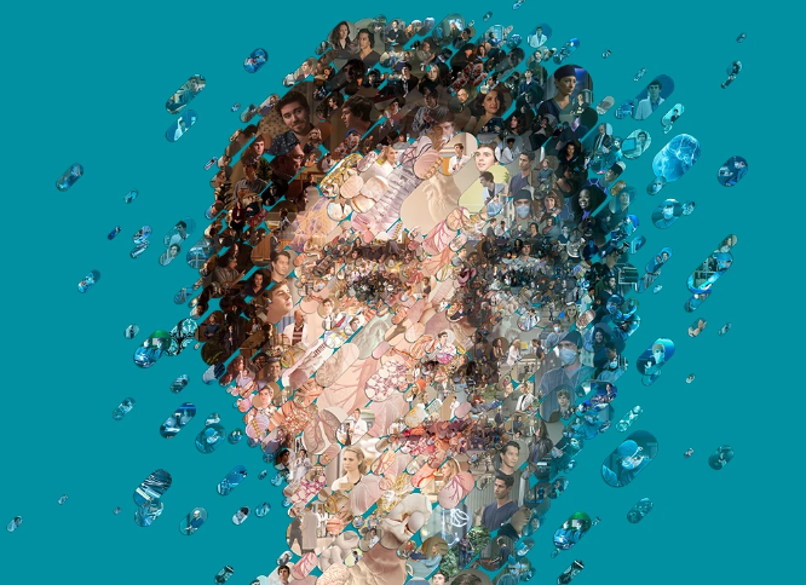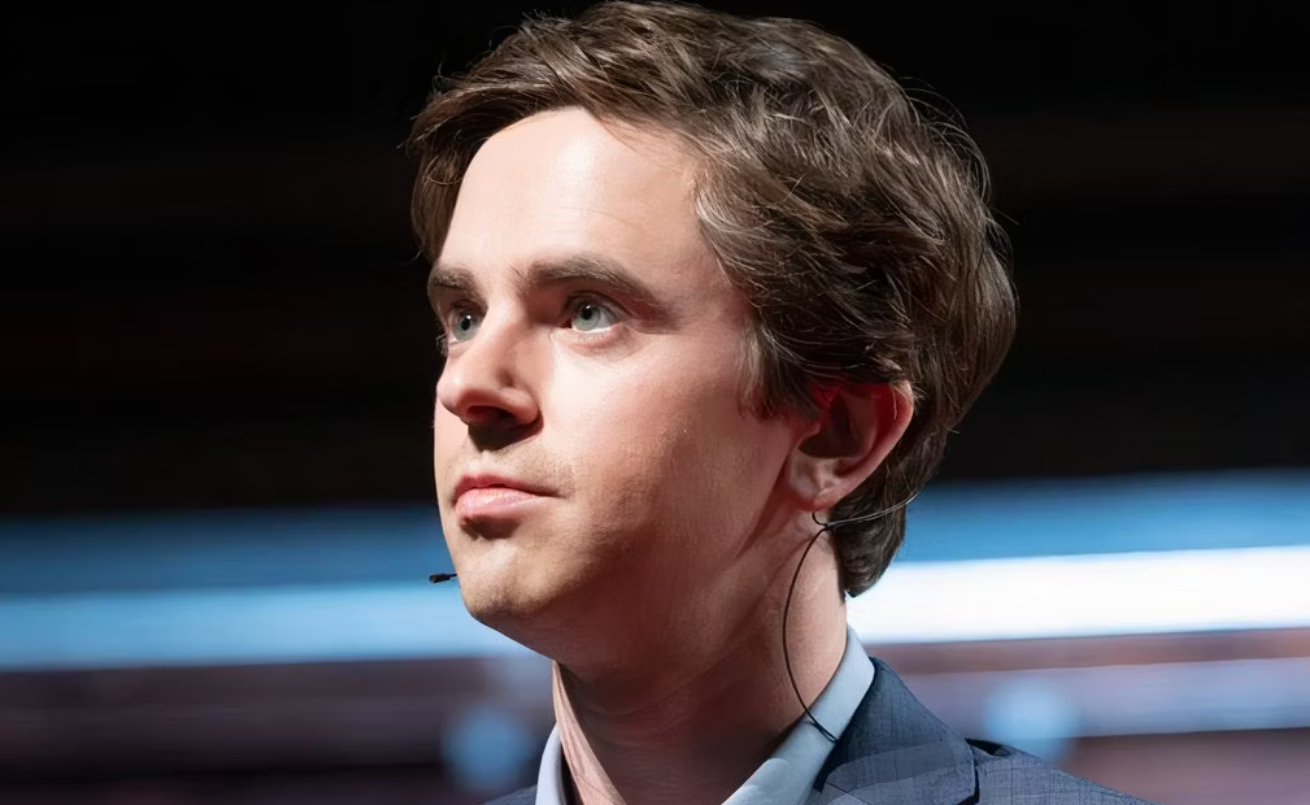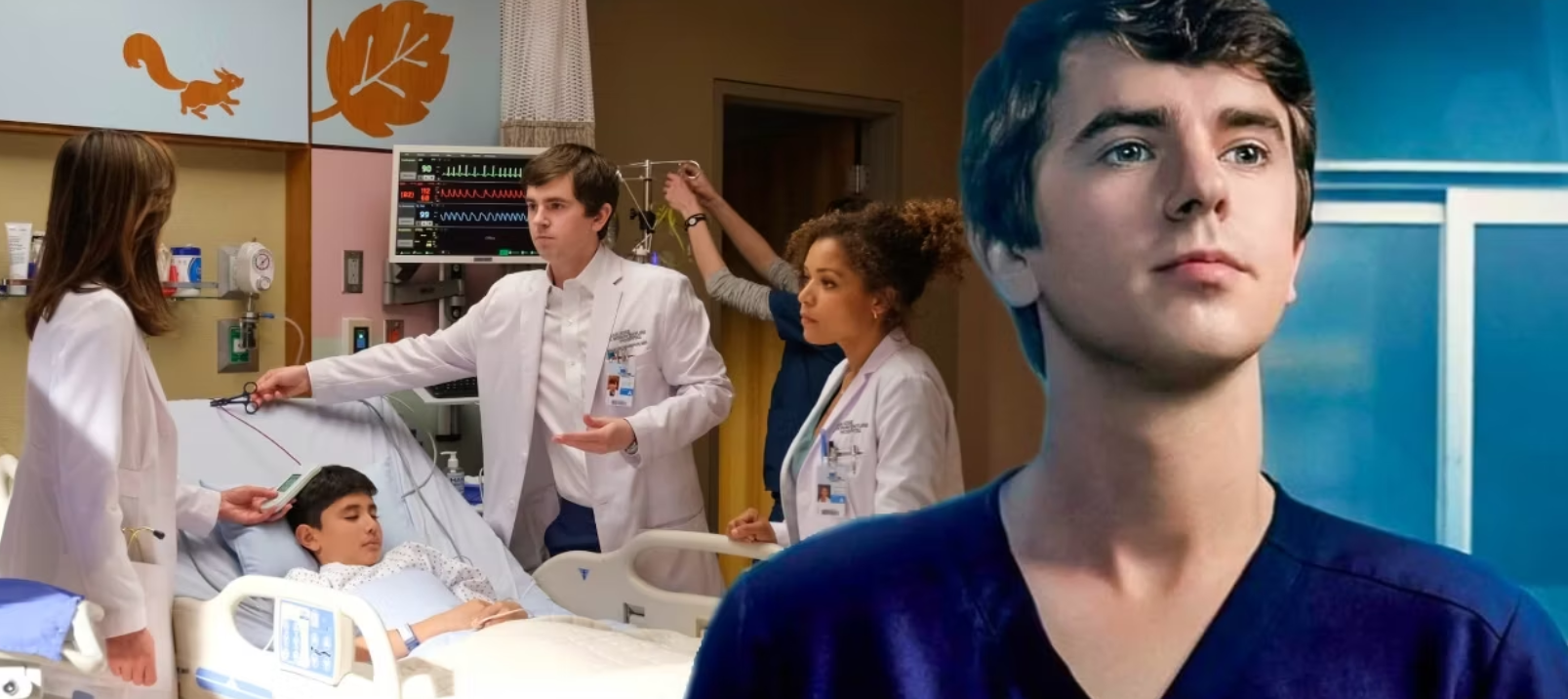The Good Doctor has bid adieu to its loyal viewers after several successful seasons on television. The show, which follows the life of a young surgeon with autism and savant syndrome, has garnered both praise and criticism from critics and audiences alike. The series has been lauded for its representation of neurodiversity and the challenges faced by individuals with autism in the medical field.
However, some have raised concerns about the show’s portrayal of autism and whether it perpetuates stereotypes or oversimplifies the complexity of the condition. Despite these criticisms, The Good Doctor has managed to captivate audiences with its compelling storylines and strong performances from its cast. As the show takes its final bow, it leaves behind a legacy of sparking important conversations about neurodiversity and the need for greater representation in the media.

Examining the Reasons Behind The Good Doctor’s Decline
The decline of the popular television show The Good Doctor has sparked curiosity among fans and critics alike. Some speculate that the show’s downfall can be attributed to a lack of originality in its storytelling. The repetitive plot lines and character development have left viewers feeling bored and uninterested. Others believe that the departure of key cast members has played a significant role in the show’s decline.
The chemistry between the original ensemble cast members is said to be one of the main reasons why viewers were drawn to the show in the first place. Without these beloved characters, the show has lost its appeal and charm. Additionally, some critics argue that the show’s writing has become lazy and uninspired in recent seasons. The once-compelling medical cases and ethical dilemmas have been replaced with predictable storylines and over-the-top drama.
Finally, some viewers believe that the show’s failure to address important social issues and current events has contributed to its decline. In today’s television landscape, audiences are craving shows that are not only entertaining but also thought-provoking and socially relevant. Without addressing these important issues, The Good Doctor has failed to stay relevant and engaging for viewers. Overall, the reasons behind The Good Doctor’s decline are multifaceted and complex, but it is clear that a combination of factors has led to the show’s downfall.
Impact of Decreasing Quality on Audience Engagement. The Good Doctor
The impact of decreasing quality on audience engagement can be seen in the case of The Good Doctor, a popular medical drama television series. As the show’s writing and character development began to decline in later seasons, viewers started to lose interest and engagement with the storylines. The once loyal fan base started to dwindle as viewers found it harder to connect with the characters and their motivations. This decrease in quality led to a decrease in audience engagement, as viewers were no longer as invested in the struggles and triumphs of the show’s protagonists.
Without strong writing and well-developed characters, the audience had less reason to tune in each week, resulting in lower ratings and ultimately the cancellation of the series. The impact of decreasing quality on audience engagement is clear in the case of The Good Doctor, as the decline in the show’s storytelling and character development directly correlated with a decrease in viewer interest and engagement. It serves as a reminder of the importance of maintaining high standards in television programming to keep audiences engaged and invested in the stories being told.

Critique of Character Development and Story Arcs. The Good Doctor
The character development and story arcs in The Good Doctor are lacking in depth and complexity. The main character, Dr. Shaun Murphy, is portrayed as a highly skilled and intelligent surgeon with autism and savant syndrome. However, his character remains largely one-dimensional throughout the series, with little growth or evolution. The supporting characters also lack depth, often serving as mere plot devices to further Shaun’s story rather than fully developed individuals with their own arcs.
Additionally, the storylines in the show often feel predictable and formulaic, with little room for surprise or innovation. While the show does touch on important themes related to neurodiversity and the challenges faced by individuals with disabilities in the medical field, these topics are often oversimplified and lack nuance. Overall, The Good Doctor fails to deliver on its potential for complex character development and compelling story arcs, leaving viewers wanting more depth and substance from the series.
How The Good Doctor Stacks Up Against Other Medical Shows
The Good Doctor has quickly become a fan favorite in the realm of medical dramas, standing out for its unique focus on a young surgeon with autism and savant syndrome. While many medical shows tend to follow a similar formula of dramatic cases, personal relationships, and ethical dilemmas, The Good Doctor sets itself apart with its portrayal of a character who faces unique challenges in the medical field.
This fresh perspective allows the show to explore themes of diversity, inclusion, and the importance of understanding and accommodating individuals with different abilities. In comparison to other medical shows, The Good Doctor offers a more nuanced and thought-provoking look at the healthcare industry and the individuals who work within it. While some may argue that the show’s focus on the main character’s autism may overshadow the medical cases themselves, others appreciate the depth and complexity that this brings to the storytelling.
Additionally, The Good Doctor has been praised for its strong ensemble cast, compelling storylines, and emotional depth, which have helped it to stand out among the crowded landscape of medical dramas. Ultimately, while The Good Doctor may not always follow the same conventions as other medical shows, its unique approach and focus on inclusion and diversity make it a standout in the genre.

Predicting the Future of Medical Dramas in Television. The Good Doctor
The future of medical dramas in television seems to be heading towards a more diverse and inclusive representation of medical professionals and patients. Shows like The Good Doctor have paved the way for characters with disabilities to be portrayed as competent and capable doctors, challenging traditional stereotypes of what a doctor should look like. As audiences become more conscious of the need for accurate and authentic representation on screen, it is likely that we will see more diverse storylines and characters in medical dramas.
Additionally, with advancements in technology and medicine, future medical dramas may explore more cutting-edge treatments and procedures, providing viewers with a glimpse into the future of healthcare. The success of shows like The Good Doctor has also opened the door for more medical dramas to explore complex ethical dilemmas and moral grey areas in the field of medicine, adding depth and complexity to the storytelling. Overall, the future of medical dramas in television appears to be bright, with a continued focus on diversity, innovation, and ethical storytelling.
